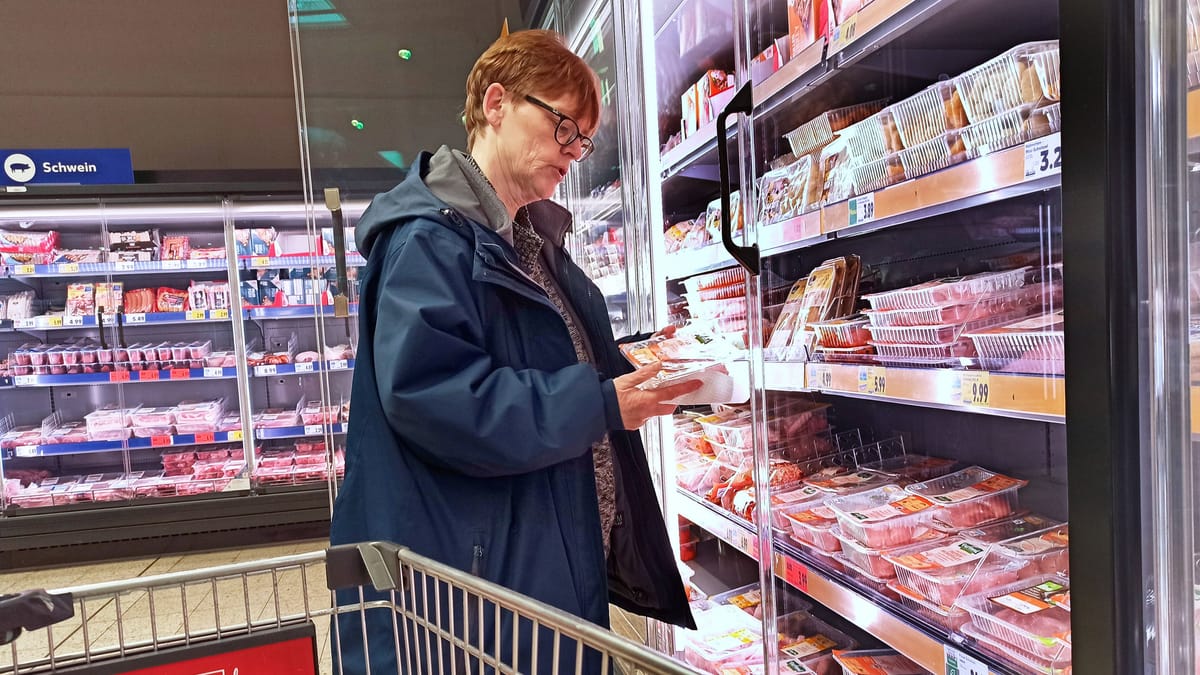
Scandal around Kaufland: According to a report, the hygienic conditions in some markets are very bad. Who failed? A consumer advocate demands more controls.
Mold cheese, mouse droppings and spoiled foods: A TV research by “Team Wallraff-Reporter Undercover” shows serious grievances at Kaufland. A total of 50 markets across Germany were observed by the introduced journalists, and the information said in over 80 percent. Expired and spoiled goods were sold in two branches (read more about it here).
Are customers sold for stupid? Or are the shortcomings of missing controls?
Sabrina Göddertz, Consumer Center for Food Safety at the Federal Consumer Center (VZBV), levies allegations against the responsible authorities in an interview with T-Online. The number of food controls in Germany has been stagnating at a low level for years. “Food security has not been a political priority in recent years. The VZBV calls for significantly better financial and personnel equipment for official food surveillance,” said Göddertz.
It also objects to the lack of information from customers. The results of food controls in supermarkets or restaurants would have to be made transparent for consumers. Göddertz: “For example, through a smiley system or hygienebarometer, as there are in other countries. If companies know that control results become public, motivation to cleanliness and hygiene increases enormously.” In Denmark, the number of complaints has been demonstrably reduced after the introduction of such a transparency system.
According to the consumer advocate, consumers must not only be able to rely on the fact that food dealers are examined for cleanliness. But also that there are consequences in the case of defects. In practice, this is not always the case. Since the system has been sick for years to missing inspectors in Germany.
And the number of food controls prescribed by law is generally too low. “The result is that hygienic grievances that occur in restaurants, food companies or in the food trade sometimes remain undetected over a longer period of time,” said Göddertz.
The problem is not new. As early as 2011, the Federal Audit Office found organizational weaknesses in the control structures and asked the federal government to take measures to improve food monitoring. However, there is still no concept for reliable food controls at the national level. Göddertz: “In our view, food surveillance must be organized nationwide according to uniform requirements and so that all authorities can comply with the prescribed controls.”










